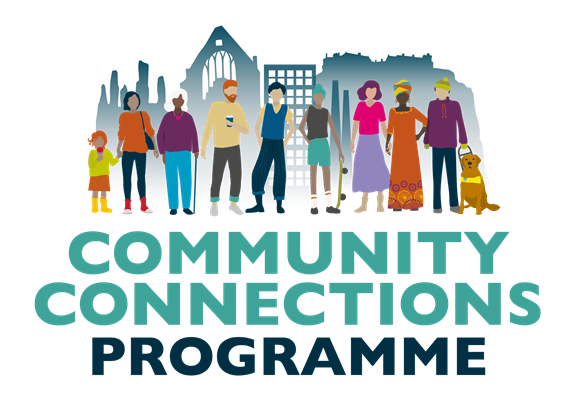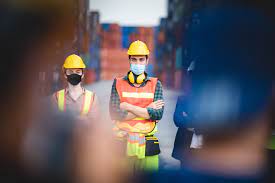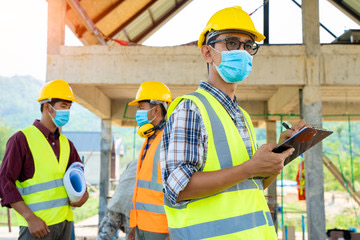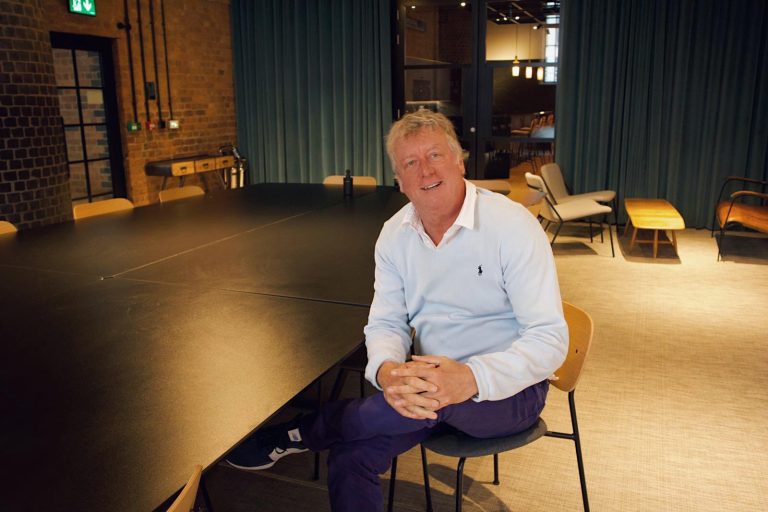The CEO of a British technology training firm and tech think tank has warned of a looming crisis facing UK laboratories – in particular those at the forefront of Covid-19 testing – due to a massive shortage of qualified and skilled lab technicians. Andy Lord, CEO of Manchester head-quartered Credersi, a tech talent training incubator and think tank producing the data scientists, lab technicians and software specialists of tomorrow, believes the skills shortage could severely impact Covid testing laboratories – many of which are already at capacity and struggling to keep up with demand – in a matter of months. His comments come hot on the heels of the Prime Minister’s announcement last week, in which he set out plans to “cement the UK’s place as a science superpower”. Andy Lord, CEO of Credersi, said. “At the moment, there are simply not enough trained and skilled lab technicians and quality assurance (QA) technicians across the UK. This is a particularly acute problem within the Covid testing laboratory sector, which is struggling to keep up with the increasing demands on the testing system. Laboratories are understaffed and some are at crisis point; they simply cannot get enough lab technicians and QAs through the doors and into key roles. “As lockdown restrictions are lifted in areas such as travel, the level of Covid testing will begin to rise rapidly. At the same time, if we continue to have further variant outbreaks, this will put even greater pressure and strain on the testing system. This will put the laboratories under severe pressure and ultimately into a crisis situation. “This will result in test delays and a backlog in Covid tests being processed. The laboratories are a huge part of the UK’s armoury in tackling Covid, both with testing and vaccinations. “The Government and the Prime Minister need to commit funding from the new Office for Science & Technology Strategy and light the fuses of the tech training providers in the private sector to make technology accessible to all. “But most importantly, they need to allow the private sector to run with the baton and innovate a new generation of tech and lab-based talent, including data scientists.” As UK plc. navigates the unchartered waters of post Brexit, Andy Lord believes it is absolutely vital that we not only train an entire army of lab technicians, data scientists, and software devs and testers to lead UK plc., but ensure that the training they receive is fit for purpose, built by business for business and world-class. Credersi is not only developing future lab technicians, coders, testers and data scientists, but it is also doing it in a unique, immersive way using VR (virtual reality) and AR (augmented reality) technologies as a tech first in training campuses. It is converging and disrupting science and technology to make something truly unique. Credersi uses some of the best-in-class industry experts as lead instructors, all of whom are skilled practitioners in the subject matters that they teach. This enables the “talent of the future” to gain fluency and capability across many platforms with real-world simulations and exercises. The company also collaborates with leading professionals and industry experts through workshops, commercial client projects and industry think tanks. Credersi also plans to announce details of its think tank forum, through which it aims to bring experts from the worlds of science, data, technology, software and data analytics together to spark new ideas on disruptive technology and establish how Credersi can deliver that in unique tailored training programs for its tech talent incubator. Darren Coomer, an industry leading CIO & Founder of the tech and digital consulting firm The Strategy & Architecture (S&A) Group is co-founder and tech angel behind Credersi. He adds: “Manchester is the second fastest growing tech hub in Europe. We believe that, through establishing Credersi here, we can leverage the culture this great city has to help train and inspire the next generation of innovators, technicians, scientists and engineers that our economy, and indeed the world, is crying out for. If anything, Boris Johnson needs to provide even greater funding for the tech sector in places like Manchester, which is the tech powerhouse and future for UK plc. Manchester was an innovator in the industrial revolution and today it is doing the same, leading tech hub innovation alongside London on the global stage. “What we are doing with Credersi is not only disrupting education through our innovative training methods and technologies, but also converging curriculums such as science and tech to really meet the needs of individuals and industry. Our purpose is to train, inspire, incubate, develop and nurture, through our career alumni, some of the greatest minds and talents of the future. Alan Turing had long and established links with Manchester and the university, and we are looking to incubate and develop the Turings of the future; the code-breakers, vaccine developers, biological and cyber defenders, programmers and data scientists that can walk in his footsteps.” CEO Andy Lord added: “The more serious longer term issue is not just in providing the training and qualifications, but the innovation behind the tech training courses. More and more lab technicians, for example, will need to bolt on other complimentary skill sets, such as data analytics in lab testing. So, what you will get in effect is a lab technician who is also trained and qualified in key tech skills such as data analytics. This then expands the capability offering of a lab technician who can not only do lab-based testing, but also extrapolate the data sets, investigate and conclude the results. “By devising immersive training courses in tech, science and data analytics, we are also designing those courses, so they are ‘fit for industry’ and in sync with the actual needs and requirements of companies in this new, post-covid era, as opposed to giving them an irrelevant, outdated, off-the-shelf training package.” Janet Morris NED and former Director of Cambridge International Education – part of Cambridge University – which provides education programmes to over 10,000 schools around














